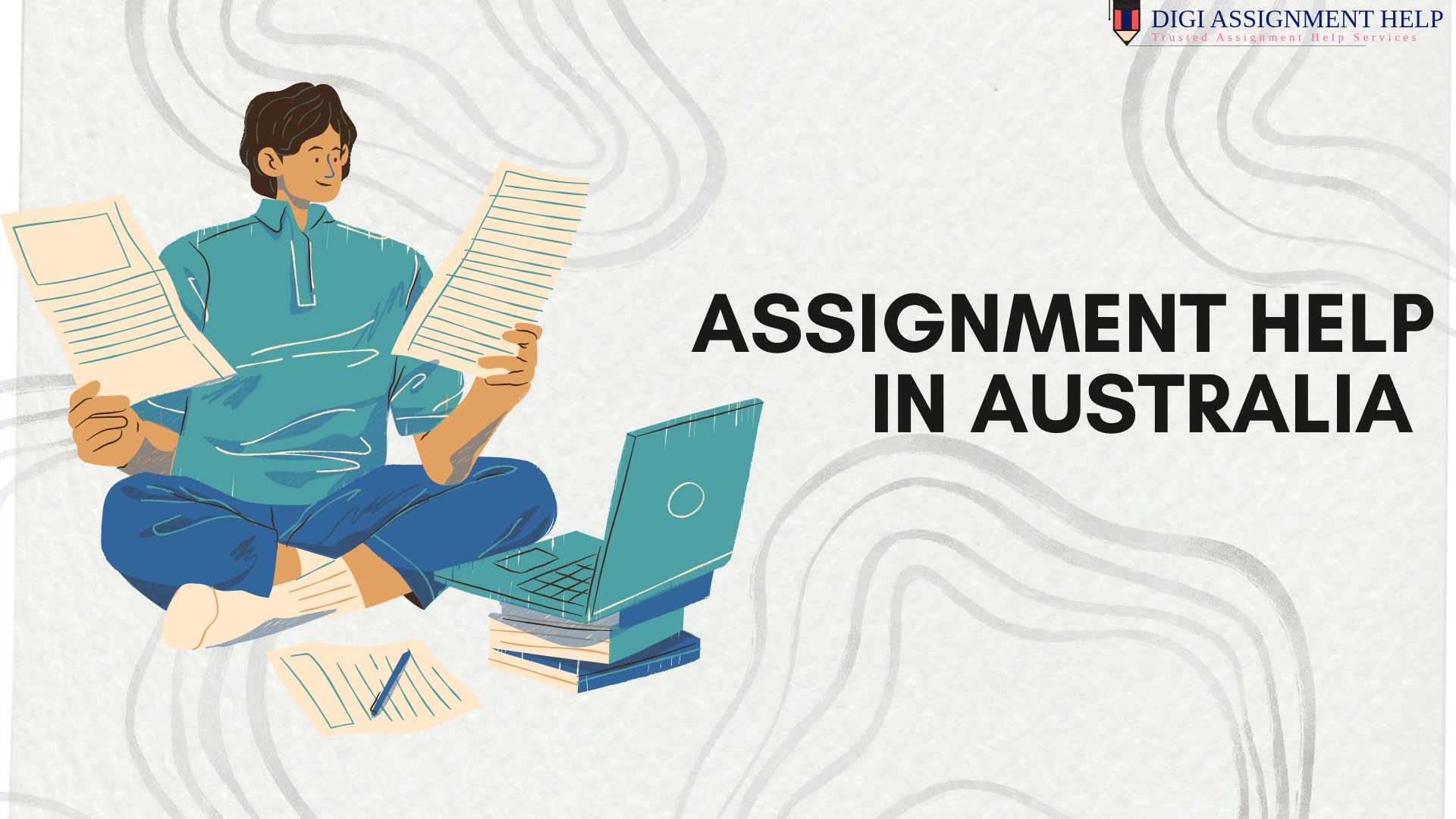How To Write A Good Assignment For University
 27-May-2024 06:16 AM
27-May-2024 06:16 AM

Writing a university assignment that stands out takes more than knowing about the subject. It needs a structured method, thorough study, and a clear explanation.
The steps for making a significant project are the same whether you are a student in Melbourne, Sydney, or anywhere else in Australia.
Here is a complete guide that will help you do well in assignment writing.
Understand The Assignment Requirements
Before starting your task, it is essential to comprehend the needs fully. There are detailed instructions for each task, such as:
-
Word Count: Don't go over the word limit. Going above and beyond or falling short can affect your grades.
-
Tips for Formatting: Follow the style instructions, like APA, MLA, Harvard, etc.
-
Due Date for Submissions: Plan ahead to avoid rushing at the last minute.
-
Clear Questions or Tasks: Answer all of the questions in the task.
By following these rules, you can ensure you meet your professor's standards and stay out of trouble.
Conduct Thorough Research
Doing a lot of research is the foundation of writing good assignments. Use a variety of sites to get complete knowledge. Here are some ways to do research:
-
Seek out Academic Sources: Put scholarly books, papers, and magazines with good reputations ahead of general websites.
-
Use the University's Resources: Use your university's library and web resources.
-
Stay Up to Date: Make sure your sources are up-to-date, especially in areas that change quickly, like medicine or technology.
-
Taking Notes: Sorting your notes in a way that makes sense will help you write faster.
Australia's students can get helpful information from the Australian Bureau of Statistics or specific university databases.
Develop A Clear Structure
Your assignment will be easy to understand and follow if it is well organized. Usually, assignments have the following parts:
Introduction:
-
Background Information: Introduce the subject by giving some background.
-
Thesis Statement: Make your main point or case very clear.
-
Outline: Briefly list the main things you will be talking about.
Body:
-
Organize into Sections: Separate the body into parts that make sense. There needs to be a clear heading for each part.
-
Use Paragraphs Effectively: Add a topic statement to the beginning of every paragraph. Evidence and explanation must come after it.
-
Support Arguments with Evidence: Back up your points with facts, quotes, and sources.
-
Critical Analysis: Don't just give facts; think about it and give your opinion on it.
Conclusion:
-
Summarize Key Points: Review the main points that you made.
-
Restate the Thesis: From what you've discussed, strengthen your argument.
-
Consequences: Talk about any more significant consequences or directions for future study.
Craft Clear And Concise Sentences
Clear and to-the-point writing is suitable for school. Don't use words or lines that are too hard to understand. Here are some ideas:
-
Be Clear: Do not linger; get to the point.
-
Don't Repeat Yourself: Each line should give you something new to think about or learn.
-
Use Formal Language: Keep an official tone appropriate for school work.
-
Proofread: Look for spelling and grammar mistakes and ensure the writing is clear.
Proper Referencing
In academic writing, citing sources is very important. It helps keep people from plagiarizing and gives credit to the original writers. Most colleges in Australia use either APA, Harvard, or MLA style. How to do it right:
-
In-Text Citations: Your work should adequately credit all of your sources.
-
List of References: Thoroughly inventory every source you consulted for this assignment.
-
Use Referencing Tools: You can easily keep track of your notes with tools like EndNote or Zotero.
Review And Edit
Don't forget how important it is to go back and fix your task. Make time to go over and fix your assignment:
-
Check the Content: Make sure all your points are essential and well-supported.
-
Consistency: Make sure the case, style, and tone are identical.
-
Spelling and Grammar: With programs like Grammarly, double-check your spelling and punctuation.
-
Peer Review: If possible, have a mentor or friend review your work and offer feedback.
Conclusion
To do well on a university assignment, you must plan carefully, study extensively, and write with great care. Knowing the standards, organizing your information well, and ensuring it is clear and correct are all important. It will help you make projects that stand out.
Digi Assignment Help is here to help if you find the process too much to handle. Their professional writers and editors can give you one-on-one help to ensure your tasks are up to par.
Get help from them if you need reliable, skilled help, and stop worrying about your assignment writing.



























 +44 74 8881 8568
+44 74 8881 8568